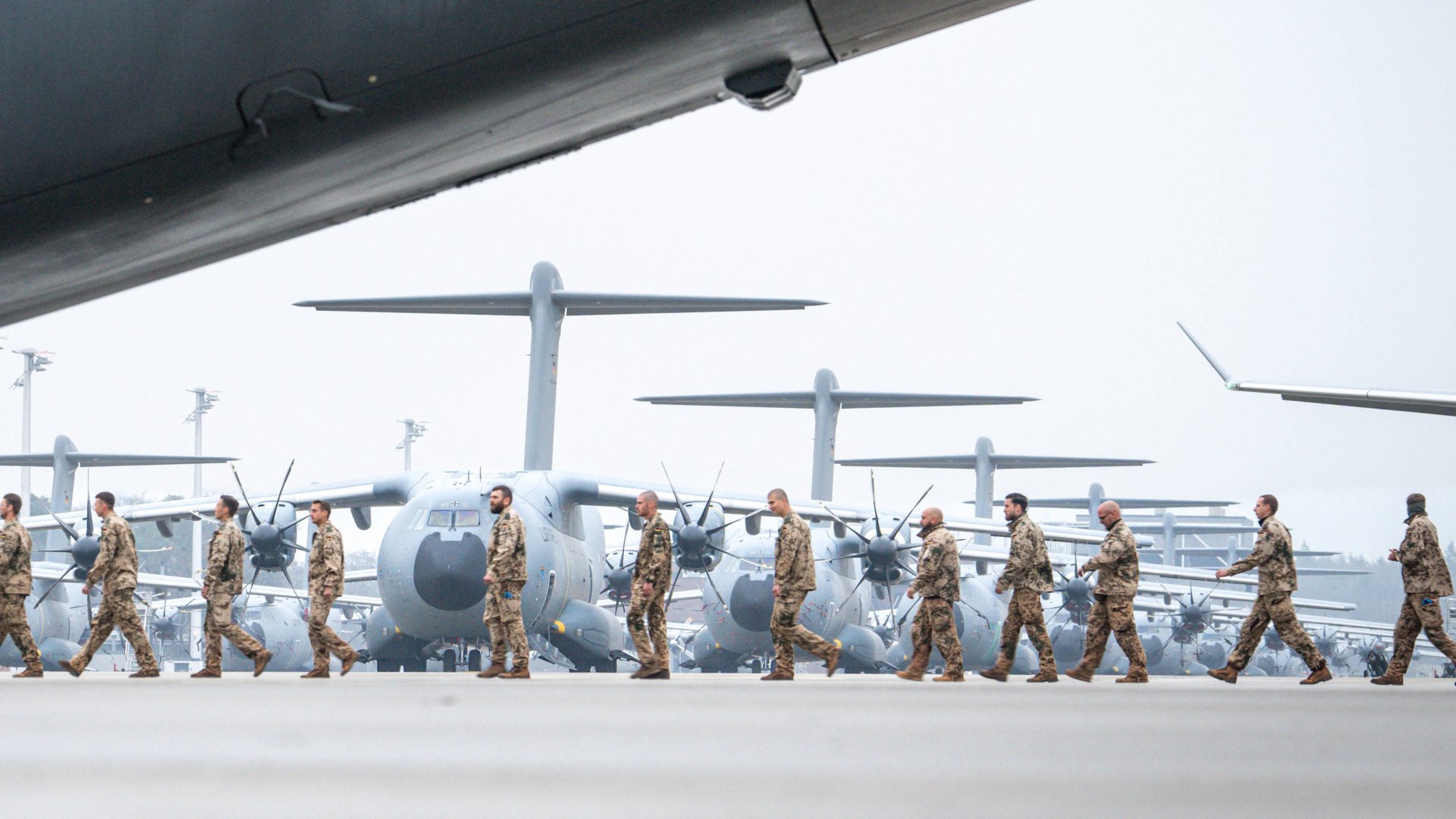Not for, but with the Sahel - why we need a new security strategy
The ongoing crisis in the Sahel shows that the traditional instruments of international engagement are not enough to tackle the violence in the region. Our panel at MSC 24 aims to make voices from the region heard that have so far received too little attention.
International efforts to combat radical Islamist groups in the Sahel region of West Africa have so far only made one of the world's fastest growing displacement and food crises worse. This has been exacerbated by climate change. According to the Africa Center for Strategic Studies, the number of acts of violence involving militant Islamist groups in the region of Chad, Togo, Benin, Mali, Niger and Burkina Faso has doubled since 2021. Last year broke the tragic record for the highest number of civilian deaths.
The ineffective military approaches of the last decade have made clear that new approaches are urgently needed to ensure protection of the civilian population. Political decision-makers need and want to rethink how they deal with the crisis. Germany and the EU are currently revising their strategies for the Sahel region.
The role of the Robert Bosch Stiftung at the Munich Security Conference
With our event "For the people? With the people! Rethinking Security Paradigms and Partnerships in the Sahel" at the Munich Security Conference, we want to offer ideas about whom you should speak with and listen to on the topic. At our panel, civil society representatives will exchange views directly with political decision-makers, including the German Minister for Economic Cooperation and Development Svenja Schulze, who is currently also President of the Sahel Alliance , Binta Sidibé-Gascon, human rights activist and head of the NGO l'Observatoire Kisal, Mahamoudou Savadogo, security expert from Burkina Faso and Benedikta von Seherrr-Thoß, Managing Director for Peace, Security and Defence at the European External Action Service (EEAS). Our panel will be moderated by Dr. Lori-Anne Théroux-Bénoni, Director of the West Africa Office of the Institute for Security Studies (ISS Africa).
Good to know
The Robert Bosch Stiftung has been a strategic partner of the Munich Security Conference since 2016. We have made it a constant priority to give representatives from the Global South a voice in international decision-making processes and the opportunity to help shape them.
The goal: a strategy that is not merely made for those in the Sahel region, but developed with the people who are directly affected. Germany and the EU need in-depth knowledge and understanding of local contexts in the region in order to improve their engagement. This engagement should not be (only) geopolitically driven but should focus on the root causes of problems and work together with local actors to counteract them.
Anyone talking about security for Europe must also talk about the Sahel. Germany will remain engaged in development policy there even after the withdrawal of the Bundeswehr from Mali. The prospects for this region will be a key topic for me at the MSC.
The Foundation's commitment to peace
In our commitment to promoting peace, we support societies that are experiencing or have experienced violent conflict to aid them in their transformation process towards sustainable peace. We believe that local actors, with their knowledge of the conflict and the region, are the leading shapers of peace processes. By supporting the People's Coalition for the Sahel, we not only want to protect the civilian population in the Sahel, but also work together to fundamentally change the way complex security issues are managed. It is part of our broader effort to strengthen the role of local actors in peacebuilding, to shape inclusive peace processes and to implement projects on the ground.
Our further engagement is currently focused on the border region between Burkina Faso and the neighboring coastal states of Côte d'Ivoire (Ivory Coast) and Ghana. The continuing spread of violence in the region is also increasingly threatening the coastal states, where there is an urgent need for preventative peace work.

